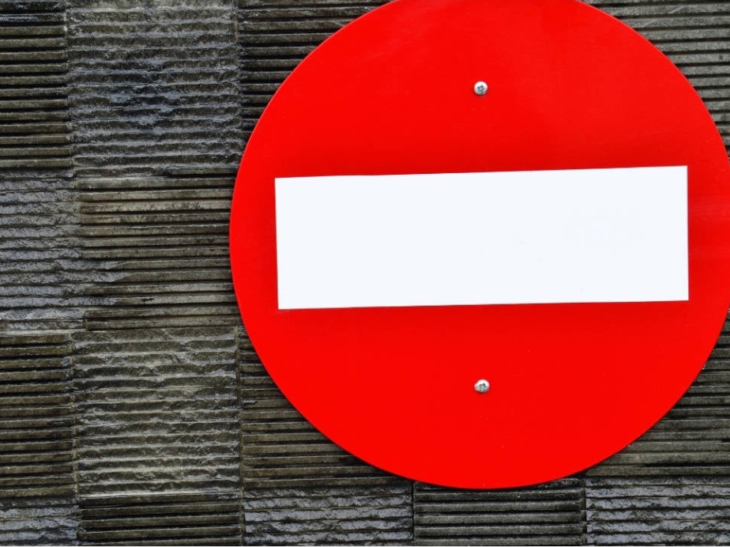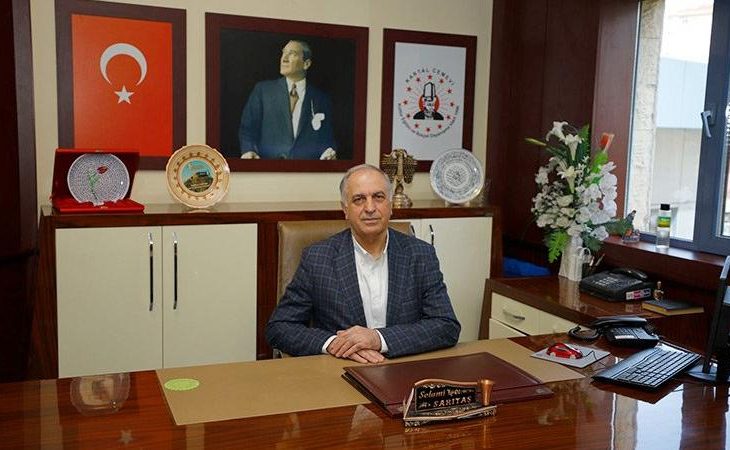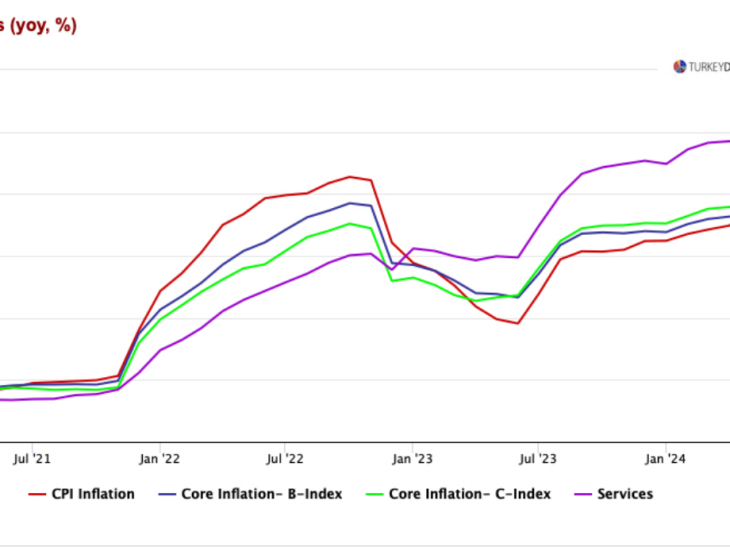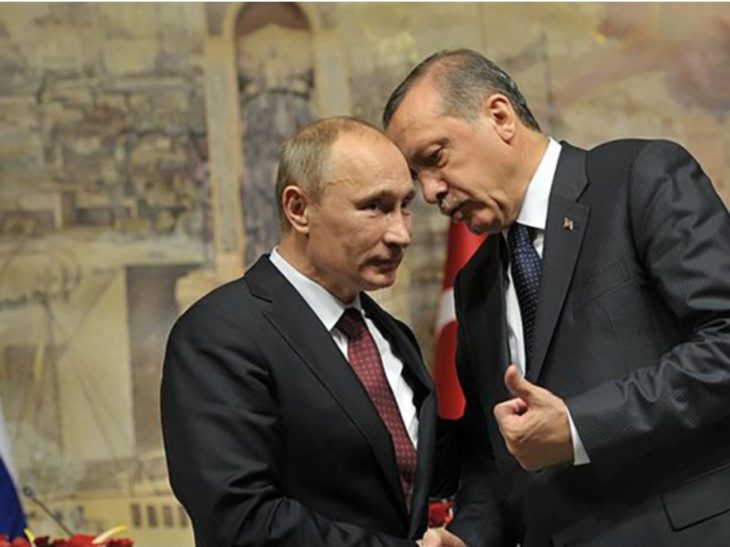Two recent polls shed light on the changing attitudes in the society, collectively suggesting that Turks remain committed to Western alliances, while increasingly turning away from AK Party and state institutions under its control.
A private NGO, The Institute of Social Studies conducted a field research to 'measure social trends in Turkey'. In the survey research covering 19-22 September 2024, questions were asked to 1,514 people. The margin of error of the survey was determined as plus or minus 2.5 percent. One of the questions asked to the participants was: Can you name the two institutions in Turkey that you do not trust the most? Political parties and Turkey’s top fatwa authority, the Directorate of Religious Affairs, a rabidly Sunni and pro-AKP agency led the list of mistrusted institutions.
[embed]https://www.youtube.com/watch?v=oMFbnFNVIiE&t=3s[/embed]
A second poll by
Pew Research Center revealed on last Wednesday concluded that public support for Western alliances such as the European Union and NATO has received a significant boost since the beginning of Russia-Ukraine war.
Turks don’t trust AK Party and state institutions used by it to control society
The most untrusted institution in Turkey was political parties. While 21 percent of the respondents chose political parties, the Directorate of Religious Affairs (Diyanet), too, topped the list.
According to the survey, the percentage of people who do not trust the Diyanet was 18.8 percent. This rate shows that Diyanet has lost trust among a significant segment of the public, largely because under AKP’s tutelage, it became the religious authority for Sunnis only, ignoring the large denomination of Alevites. Its imams are ordered to praise and promote AKP policies in weekly sermons, while “tariqats”, Moslem Sunni religious orders cooperate with it and the Ministry of Education to infiltrate mosques and primary-secondary schools, forcing their brand of radical Islam on the nation.
The judiciary ranked 3rd on the list of institutions most distrusted by the respondents. The rate of those who do not trust the judiciary was close to that of Diyanet, with 18.4 percent.
AKP also joined the queue
Considering the rate of votes it lost in local elections, it was not surprising that AKP was chosen as one of the most unreliable institutions. The number of people who did not trust the AKP government was 14.3 percent.
Official stats agency TÜİK, too, is among the most unreliable institutions
TurkStat has become one of the two most distrusted institutions after political parties and the Directorate of Religious Affairs. The agency is accused of manipulating inflation data to curry favor with AKP.
[embed]https://www.youtube.com/watch?v=mKUt6kJ-bKg&t=7s[/embed]
Another state agency, the radio and TV censorship watchdog is also on the list, which Erdogan uses to ban his opponents and dissident views from traditional and social media.
While trust in the opposition is also very low, the survey demonstrates that Erdogan’s party and the vast network of official and unofficial structures it created to control and oppress the society are falling out of favor. Since Erdogan’s historic defeat in 31 March local elections in the hands of main opposition party CHP, the latter led most of the polls through mid-October, verifying the socio-political trend of abandoning Erdogan’s world view.
Turkish public support for the EU and NATO surges after Ukraine war
A new survey by Pew Research Center revealed on Wednesday found that Turks are more positive now in their views towards NATO, which Turkey has been a member of for decades. Support for the alliance has increased from 25 percent (in 2019) to 42 percent earlier this year.
When it came to the EU, the change was also notable. Fifty-six percent of Turkish adults surveyed said that they would favour Turkey becoming a member of the EU. Support for membership was only 40 percent in 2017.
“The Turkish public has been increasingly concerned by Russia’s invasion of Ukraine and they are looking to the western organisations for stability in the region,” Ceren Kenar, an independent analyst, told Middle East Eye.
Both polls dovetail neatly, as one of Erdogan’s primary social engineering projects is to convince citizens that the future of the country lies with the Eurasian Axis, that is Russia, China and the Central Asia, rather than the traditional vocation of aspiring to become a member of the Western democracies.
Comments by PA Turkey staff
Follow our English language YouTube videos @ REAL TURKEY:
https://www.youtube.com/channel/UCKpFJB4GFiNkhmpVZQ_d9Rg
And content at Twitter: @AtillaEng
Facebook: Real Turkey Channel:
https://www.facebook.com/realturkeychannel/
 anket-kk-rte
anket-kk-rte





